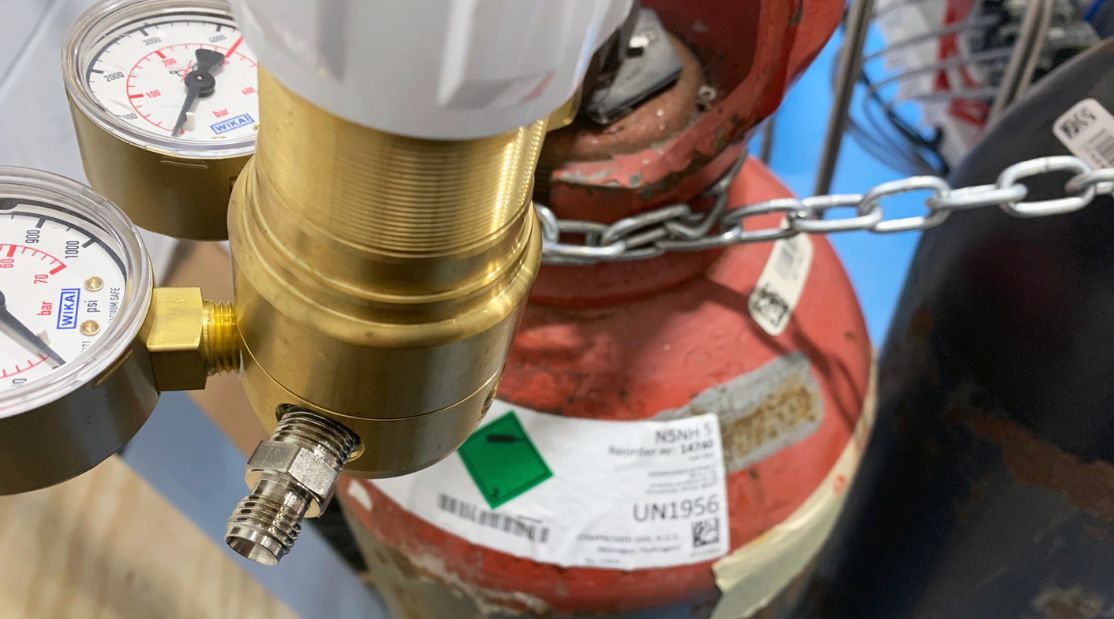Maintaining product integrity and quality is essential in today’s competitive and highly regulated markets. Leak detection, especially through helium leak testing, plays an essential role. While the initial investment and operational costs may seem like a hurdle, a closer look reveals the long-term cost-benefits and value helium leak testing brings. It’s an essential tool for quality assurance and risk management.
Initial Investment in Helium Leak Testing
The upfront costs involve purchasing the leak detection equipment, installation, and personnel training. This precision equipment detects leaks down to incredibly minute levels. This is necessary for industries where tiny leaks can have big consequences, like aerospace, automotive, and pharmaceuticals. The equipment cost varies based on complexity and sensitivity, but it’s an investment in product line reliability and safety.
Operational Costs
Operational expenses include helium, equipment maintenance, and personnel training. Helium, an inert gas ideal for leak testing due to its small size, presents a cost challenge due to its relative scarcity and price fluctuations. Additionally, the machinery requires regular maintenance for optimal performance, and personnel need training to operate the equipment and interpret results effectively.
Long-Term Savings
The true value of helium leak testing shines when considering the long-term savings it offers. These savings come from several key areas:
- Preventing Failures: Early leak detection prevents the significant costs associated with product failures in the field. This includes not only the direct costs of recalls and repairs but also the indirect costs of damaged reputations and lost customer trust.
- Ensuring Product Quality: High product quality is a competitive advantage. Helium leak testing helps ensure products meet stringent quality standards, reducing returns and increasing customer satisfaction and loyalty.
- Reducing Waste: Early leak detection means fewer resources are wasted on defective products. This saves materials and energy while also reducing the environmental impact of manufacturing.
- Regulatory Compliance: Many industries face strict regulations regarding product safety and environmental impact. Helium leak testing helps companies comply with these regulations, avoiding costly fines and legal fees.
Risk Management
Another way to view the cost-benefit analysis of helium leak testing is through the lens of risk management. Risks associated with product failures, safety issues, and regulatory non-compliance can have far-reaching consequences for a company. By investing in helium leak testing, companies can mitigate these risks, protecting their bottom line and reputation.
Ensuring Excellence
As industries continue to evolve and the demand for high-quality, reliable products increases, the role of helium leak testing in ensuring product integrity and quality cannot be underestimated. While the initial and operational costs are considerable, the long-term savings, coupled with the risk reduction, make helium leak testing a wise investment for companies committed to excellence in their products and services.
We understand the role that leak detection plays in maintaining the highest standards of quality and safety in your products. Our expertise in helium leak testing, combined with over 300 years of combined knowledge in the field, positions us uniquely to support your needs. We offer state-of-the-art equipment and services designed to provide you with the most cost-effective and reliable leak detection solutions, ensuring that your investment not only enhances product integrity but also contributes significantly to your bottom line.

